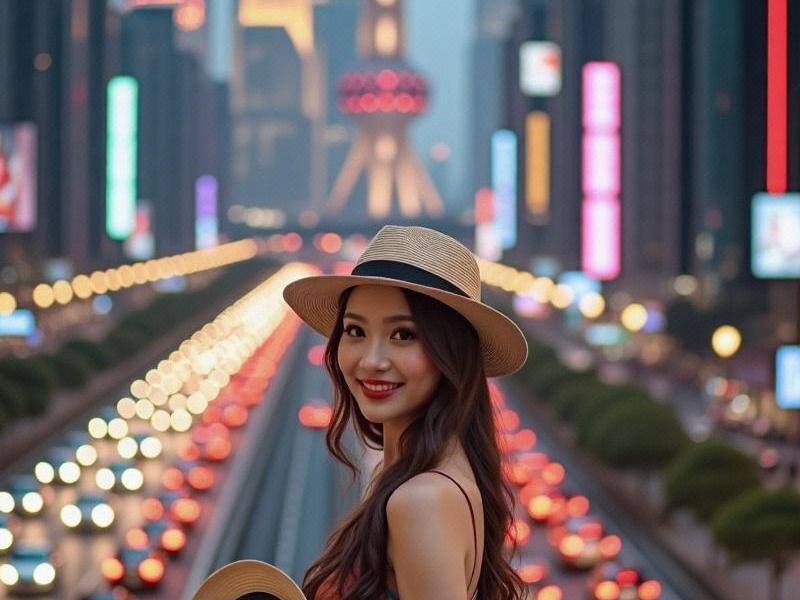
The scent of oil paint mingles with the aroma of freshly ground coffee in M50, Shanghai's pioneering art district, where converted textile mills now house avant-garde galleries alongside traditional ink painting studios. This cultural alchemy exemplifies Shanghai's dual identity as both guardian of Chinese heritage and laboratory for global creativity—a dynamic reshaping the entire Yangtze Delta region.
Cultural infrastructure development has reached unprecedented levels. Shanghai's "museum mile" along the West Bund now stretches 11 kilometers, hosting 42 major cultural institutions that attracted 28 million visitors in 2024. The newly opened Shanghai Planetarium—the world's largest—has sparked a regional "science tourism" boom, with satellite facilities emerging in Hangzhou and Nanjing. "We're seeing a democratization of culture beyond Shanghai's core," notes Dr. Liang Wei, cultural geographer at East China Normal University.
上海龙凤阿拉后花园 Creative industries form the backbone of regional integration. The Shanghai Creative Industries Association reports cross-border collaborations have increased 73% since 2020, with Suzhou's silk designers partnering with Shanghai digital artists, and Hangzhou's e-commerce platforms promoting Ningbo's ceramic crafts. The Yangtze Delta Creative Economy now accounts for ¥1.2 trillion in annual output, surpassing Beijing's cultural GDP by 18%.
Heritage preservation takes innovative forms. The "Shikumen Revival Project" has transformed 600 traditional stone-gate houses into creative studios and boutique hotels, while preserving their architectural essence. In nearby Zhujiajiao water town, augmented reality installations allow visitors to experience both Ming Dynasty life and futuristic projections simultaneously. "We're not freezing history—we're letting it converse with the future," explains conservation architect Zhang Yixing.
上海龙凤419是哪里的 Performing arts showcase regional synergy. The Shanghai Symphony Orchestra's "Delta Tour" performs classical pieces rearranged with Suzhou pingtan instruments and Shaoxing opera vocals. The annual Yangtze Delta Theater Festival rotates among four cities, with productions blending Shanghai's modernist drama with Hangzhou's poetic traditions. Even culinary arts evolve—Michelin-starred chefs incorporate Zhejiang wild herbs and Jiangsu fermentation techniques into contemporary Shanghai cuisine.
上海喝茶群vx Education networks deepen cultural ties. The newly established Yangtze Delta Arts Consortium connects 18 universities across three provinces, allowing students to take courses in multiple cities. Shanghai Theatre Academy's experimental campus in Wuzhen has become an incubator for cross-disciplinary performances, while China Academy of Art's Shanghai branch focuses on digital heritage preservation.
As Shanghai prepares to launch its 2026-2030 Cultural Development Plan, the city's ability to balance innovation with tradition offers valuable lessons for global cities navigating cultural transformation. The Yangtze Delta's emerging model—where Shanghai serves as creative catalyst rather than cultural dominator—suggests new possibilities for regional cultural ecosystems worldwide. From museum corridors to water town workshops, a quiet revolution is unfolding: the rebirth of Chinese regional identity through creative collaboration.
